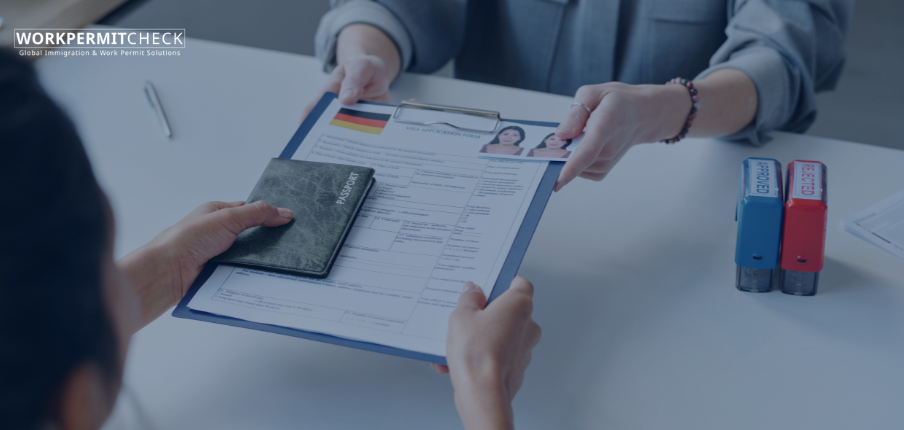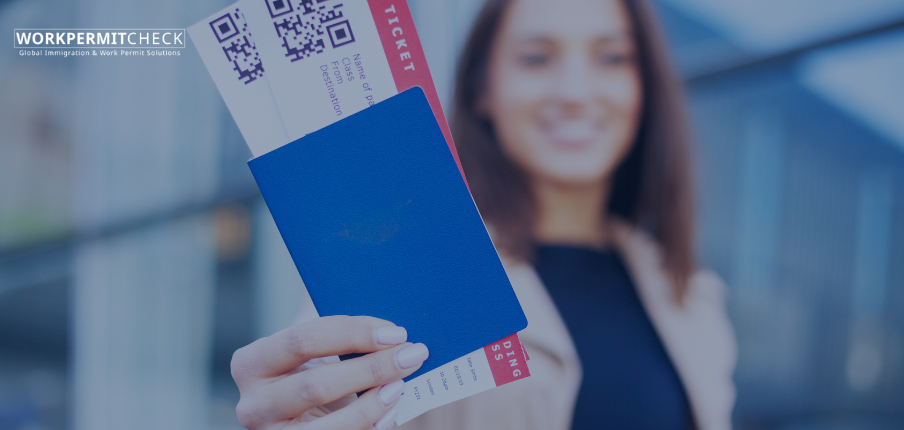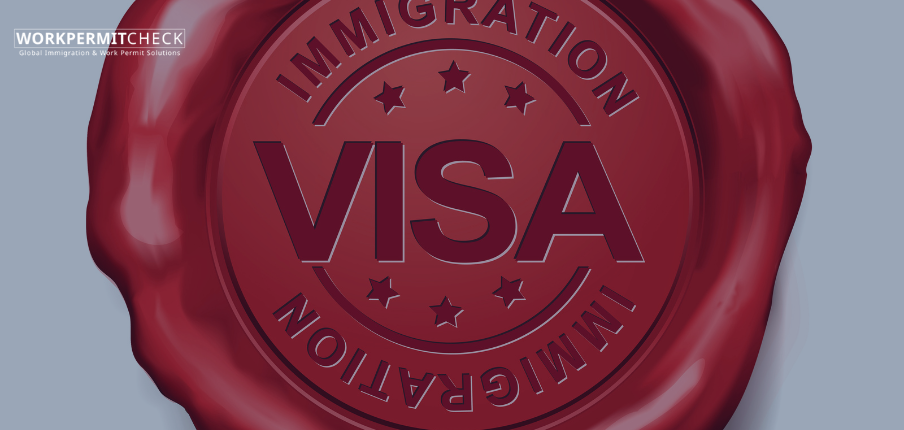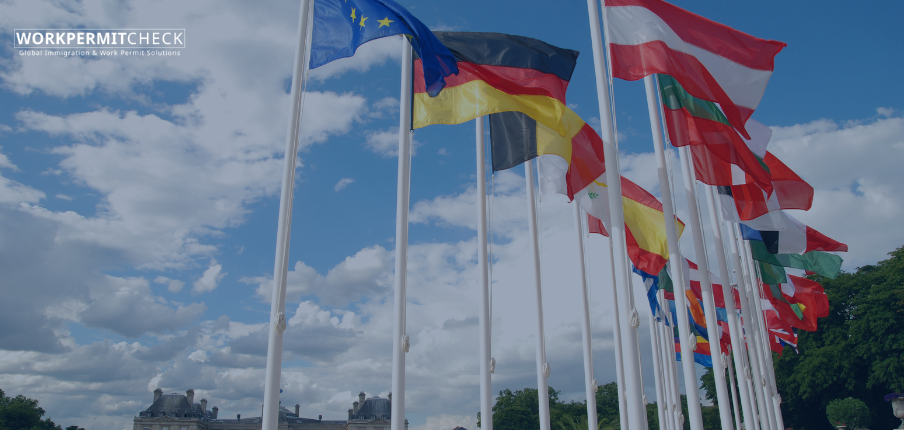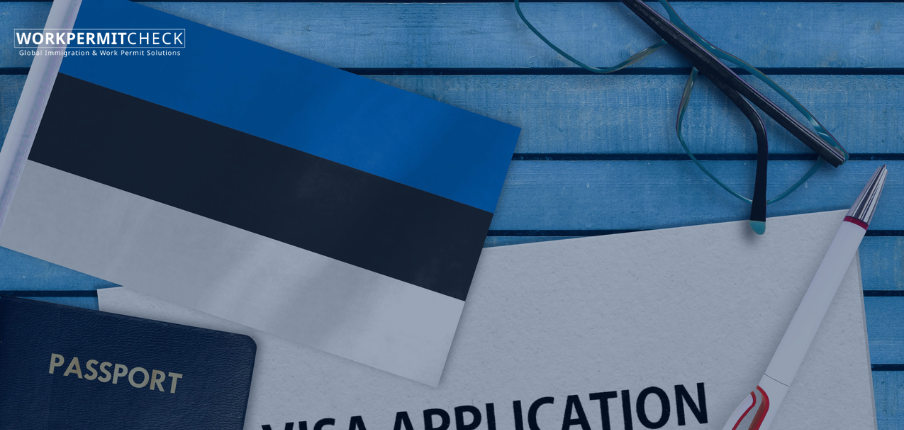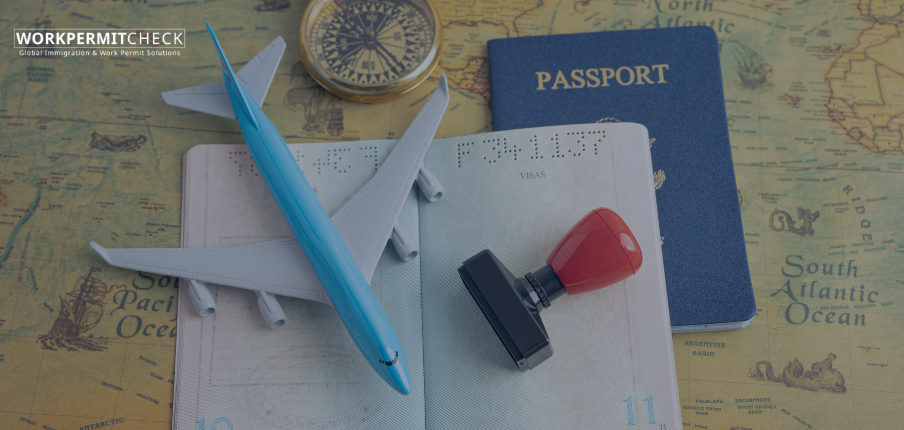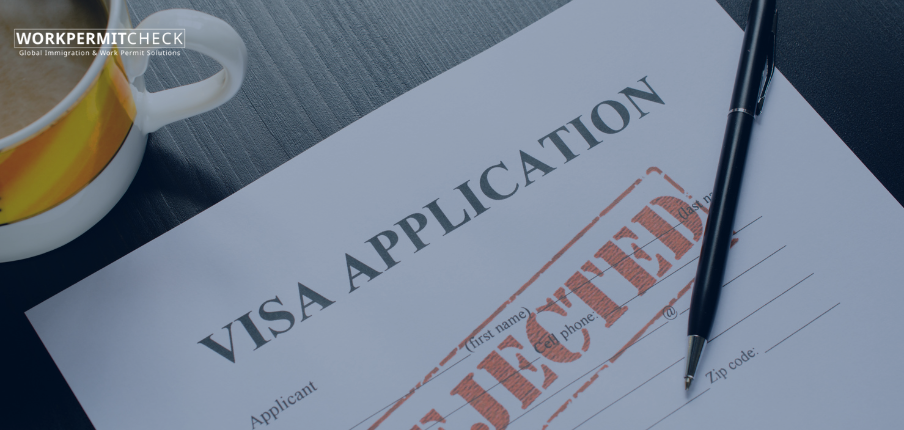Applying for a visa is an essential step when planning to travel, work, study, or reside in a foreign country. One of the most critical aspects of a successful visa application is submitting the correct and complete set of documents. While the specific requirements can vary depending on the visa type and destination country, there are common documents that most embassies and consulates ask for.
This guide outlines the standard documents required for a visa application, along with explanations and tips for each.
1. Valid Passport
A valid passport is the most fundamental requirement for any visa application. Most countries require:
-
A passport that is valid for at least six months beyond your intended stay.
-
At least one or two blank pages for visa stamps.
-
A copy of the passport's biodata page.
Tip: Ensure that your passport is not damaged or about to expire before you apply.
2. Completed Visa Application Form
You must fill out the visa application form either online or on paper, depending on the embassy's procedures. The form usually asks for:
-
Personal details
-
Travel history
-
Purpose of visit
-
Duration of stay
-
Contact information
Tip: Answer all questions truthfully and accurately.
3. Passport-Sized Photographs
Most visa applications require one or more recent passport-sized photographs. The specifications typically include:
-
White or light background
-
Neutral facial expression
-
No head coverings (except for religious reasons)
-
Size usually 35mm x 45mm
Tip: Follow the exact photo guidelines provided by the embassy or visa center.
4. Proof of Purpose of Visit
The required document depends on the type of visa you are applying for:
-
Tourist Visa: Travel itinerary, hotel bookings, and planned activities.
-
Business Visa: Invitation letter from a company, conference registration, or business meeting schedule.
-
Student Visa: Admission letter or enrollment confirmation from an educational institution.
-
Work Visa: Employment contract, job offer letter, or employer sponsorship.
-
Family Visa: Marriage certificate, birth certificate, or proof of relationship.
5. Travel Itinerary or Flight Reservation
You may be required to show:
-
A round-trip flight reservation or booking.
-
Tentative travel dates.
Tip: Some embassies do not require paid tickets until the visa is approved. Check their policy before making payments.
6. Proof of Accommodation
This document shows where you will stay during your visit. It can include:
-
Hotel reservations
-
Rental agreements
-
Invitation letter from a host if staying with family or friends
7. Proof of Financial Means
Applicants must demonstrate that they have sufficient funds to cover their stay. Acceptable documents include:
-
Recent bank statements (usually 3–6 months)
-
Payslips
-
Income tax returns
-
Sponsorship letters (if someone else is funding your trip)
8. Travel Insurance (if required)
Many countries, especially those in the Schengen Area, require proof of valid travel medical insurance that covers:
-
Emergency medical treatment
-
Hospitalization
-
Repatriation
Tip: Ensure that the coverage meets the destination country’s minimum requirement.
9. Cover Letter or Letter of Explanation
A cover letter is not mandatory for all visas but can strengthen your application. It should explain:
-
Your purpose of travel
-
Duration of stay
-
Travel plans
-
Commitment to return to your home country
10. Proof of Ties to Home Country
To prove your intention to return home, you may be asked to submit:
-
Employment verification letter
-
Property ownership documents
-
Family responsibilities (e.g., marriage certificate, dependent children)
11. Visa Fee Payment Proof (if applicable)
In some cases, you must show a receipt or proof that you paid the visa application fee.
Additional or Country-Specific Documents
Depending on your nationality and destination, other documents may be required, such as:
-
Police clearance certificate
-
Medical examination report
-
Language proficiency certificate
-
Previous visa copies
-
Biometrics appointment confirmation
Always check the official website of the embassy or consulate of the country you are applying to for the most accurate and up-to-date checklist.
Final Thoughts
Having a complete and well-organized set of documents can greatly increase the chances of a successful visa application. Incomplete or incorrect documentation is one of the most common reasons for visa rejections. Therefore, it is essential to review all requirements carefully and consult with immigration professionals or embassy staff if needed.
**This information is for informational purposes only and does not constitute legal or immigration advice.**
May 21, 2025
